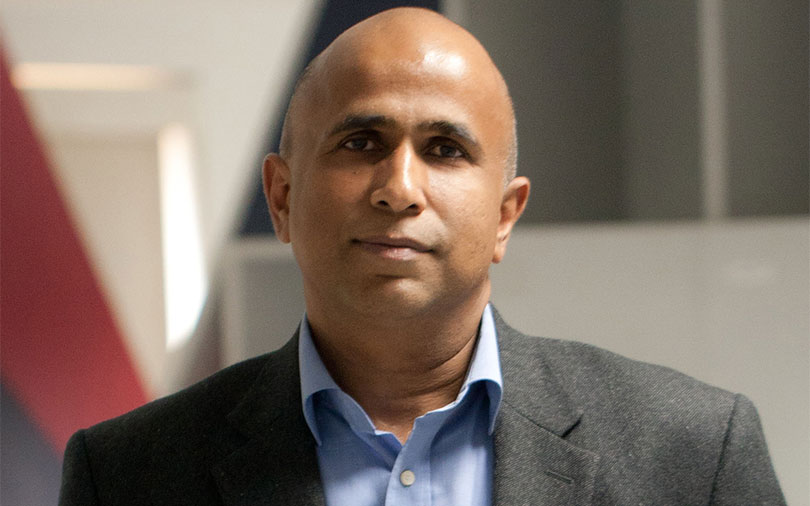
India's entrepreneurial spirit gets a leg-up with Flipkart-Walmart deal


The world’s largest retailer Walmart Inc. bought a majority stake in India’s largest e-commerce company Flipkart Group. This is a defining moment not only for startups and entrepreneurs but the entire Indian venture capital community and for global investors. It is a deal that underscores the immense potential of India’s internet businesses.
It would have been difficult to predict even five years ago that a $20-billion consumer internet company was even possible in India.
Seven years ago, we thought $1 billion was big. Over the years, we saw India’s first billion-dollar company emerge. Then, we saw it transform into a $10-billion enterprise, and now, one of India’s initial internet startups has become a $20-billion company.

Walmart’s majority acquisition of Flipkart is a development that has proved a lot of critics wrong. Flipkart, today, is one of the largest in the list of global unicorns.
There are a lot of positives to this transaction. This one deal alone has proved that Indian entrepreneurs can raise billions of dollars, build companies that compete with the best globally, and even allow their investors the opportunity to generate handsome returns.
Flipkart’s investors, such as Tiger Global, Softbank, Tencent and Alibaba, stand vindicated in their faith in the Indian market.

The Flipkart-Walmart deal has proved the much talked about the potential of the Indian market and entrepreneurs. Companies such as Flipkart and Ola have proved that they can withstand competition from global behemoths such as Amazon and Uber. Besides having generated returns for their investors, these companies have created employment opportunities for thousands of people besides giving hordes of small entrepreneurs a platform to grow.
For Walmart, too, this is a big victory. With Flipkart, it gets a foothold in one of the world’s largest and fastest growing consumer markets. The US retailer also gets an upper hand over Amazon and an opportunity to catch up with it on a global scale.
Critics should understand that India was a country with slow internet, no personal computers, low credit card penetration and little trust in online transactions. That a company built and scaled up an enterprise in such conditions is beyond commendable.

The fact that Flipkart’s promoters did not sell it for $1 billion and fed it while struggling to take it to $20 billion scale, is a success that calls for a celebration of India’s entrepreneurial spirit and growth potential.
This should inspire both entrepreneurs and investors.
K Ganesh is a serial entrepreneur and chairman and co-founder of Portea Medical

